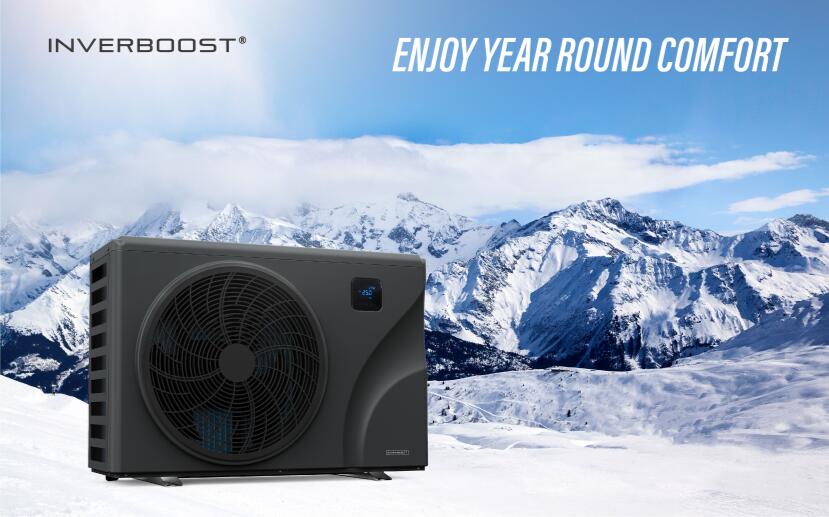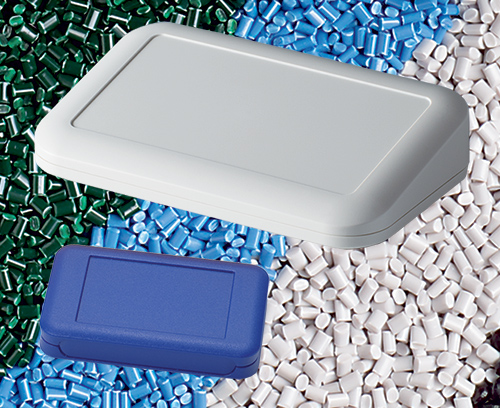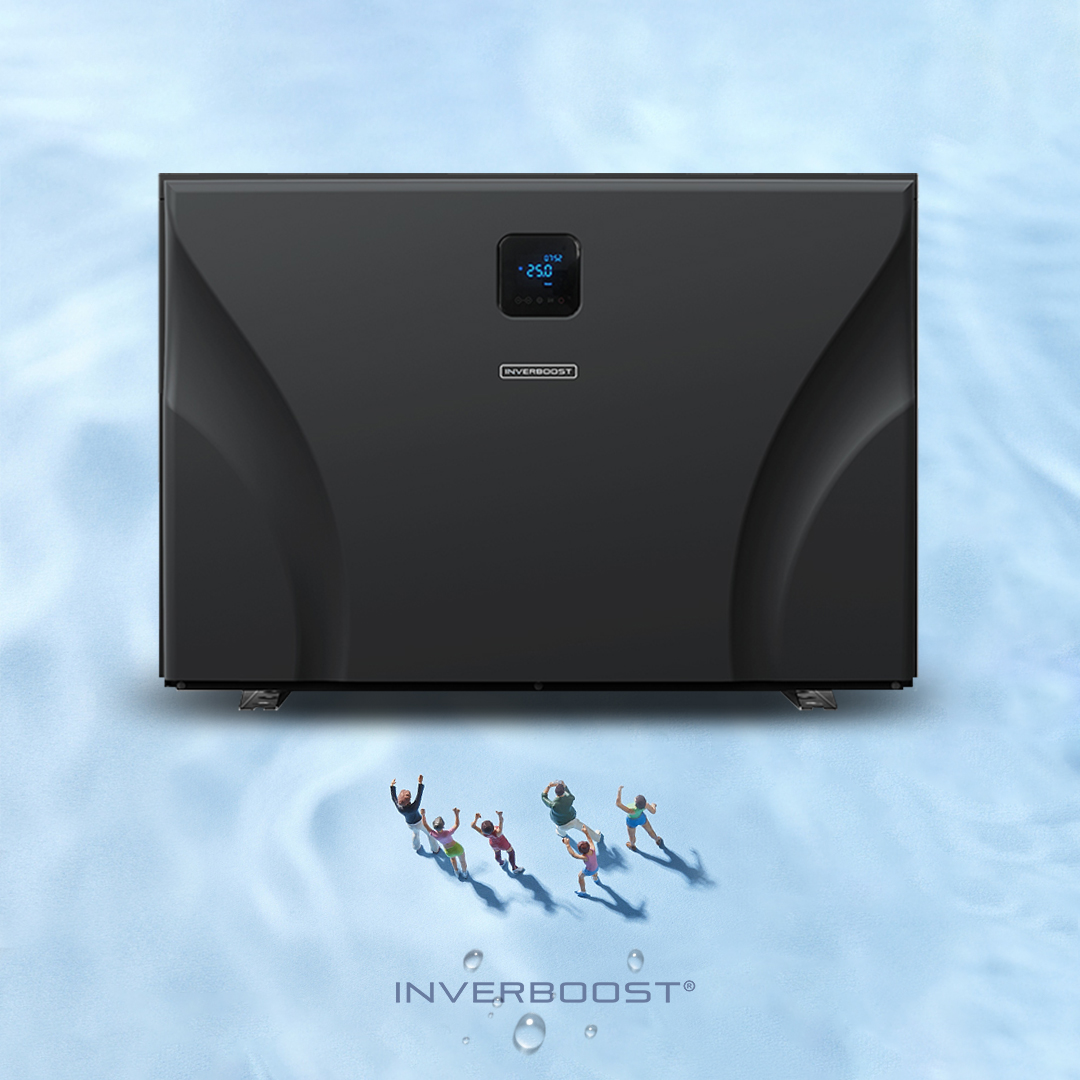As we all know, ABS material (acrylonitrile-butadiene-styrene copolymer, ABS is the abbreviation of Acrylonitrile Butadiene Styrene) is one of the common plastic materials. It is a kind of thermoplastic polymer material with high strength, toughness, and easy processing.
After molding, its glass transition temperature is about 105°C (221°F). ABS is amorphous and therefore has no real melting point. ABS plastic is made of ABS resin.
ABS plastic has the common characteristics of the three components. A makes it resistant to chemical corrosion, heat resistance, and certain surface hardness, B makes it have higher elasticity and toughness, and S makes it have the processing and molding characteristics of thermoplastics and improves electrical properties. Performance.
Therefore, ABS plastic is a kind of “tough, hard, and rigid” material with easily available raw materials, good comprehensive performance, low price, and a wide range of uses.

Disadvantages of ABS material in pool heater
So Why Suddenly Abandon The Traditional ABS Material To Use This Series Of New Materials?
After all, ABS material has been the “preferred” material for our plastic electronic enclosures for decades-and it is still true for many tried and trusted models.
Acrylonitrile styrene acrylate (ASA), also known as acrylic styrene-acrylonitrile, is an amorphous thermoplastic made of acrylic rubber, modified styrene, and acrylonitrile. It was developed as an alternative to acrylonitrile butadiene styrene (ABS), but it has improved weather resistance and is widely used in the automotive industry.
ASA is very similar in structure to ABS material. Technically speaking, ASA not only maintains the main characteristics of ABS material, but also combines the advantages and weather resistance of PMMA.
The difference between acrylic rubber and butadiene-based rubber is that there is no double bond, which makes the material’s weather resistance and ultraviolet radiation resistance about ten times that of ABS, and has a higher long-term heat resistance and better heat resistance.

pool heat pump
Chemical
ASA is more resistant to environmental stress cracking than ABS material, especially alcohol and many cleaning agents. The glass transition temperature of ASA is lower than that of ABS, which is 100°C and 105°C, respectively, which provides the material with better low-temperature performance.
ASA has high outdoor weather resistance; when exposed outdoors, it maintains gloss, color, and mechanical properties. It has good chemical resistance and heat resistance, high gloss, good antistatic properties, toughness, and rigidity.
It is used in applications that require weather resistance, such as commercial wall panels, vehicle exterior parts, or outdoor furniture.

ASA Eventually Replace ABS
So why the sudden move away from traditional ABS for this succession of new models? After all, ABS has for decades been the ‘go-to’ material for our plastic models – and it remains so for many tried and trusted models.
But ASA has a great deal going for it…
For a start, ASA’s UV stability is a big plus – even though none of the new enclosures mentioned above will be spending its entire life outdoors. None will be bolted to the side of a building or clamped to a pole or mast.
But that’s no reason to skimp on UV resistance. You have only to see how sunlight fades furniture or pictures to know how much sunlight makes it indoors and how damaging it can be.
Application of ASA Material
Compared with polycarbonate, ASA has a higher resistance to environmental stress cracking and a lower yellowing rate in outdoor applications. Compared with polypropylene, ASA has lower molding shrinkage (0.5% vs. 1.5%), higher stiffness, impact resistance, heat distortion temperature, and weather resistance.
Weather resistance, long-term usability, color stability, and good compatibility with PC/PVC make ASA a wider and higher-value resin.
Such as automobile and motorcycle accessories, construction accessories, outdoor sports products, gardening accessories, outdoor antenna accessories, Electronic and electrical products, sanitary products…etc. In addition, ASA makes products environmentally friendly.



